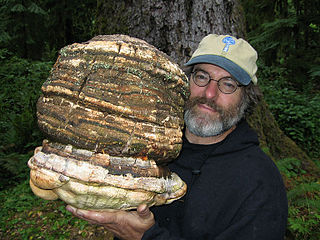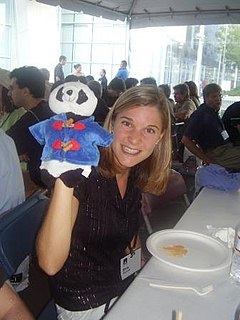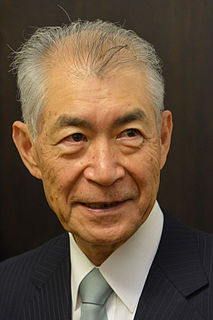A Quote by Paul Stamets
The virus-to-cancer connection is where medicinal mushrooms offer unique opportunities for medical research.
Related Quotes
The field of U.S. cancer care is organized around a medical monopoly that ensures a continuous flow of money to the pharmaceutical companies, medical technology firms, research institutes, and government agencies such as the Food and Drug Administration (FDA) and the National Cancer Institute (NCI) and quasi-public organizations such as the American Cancer Society (ACS).
The development of a strategic plan for cancer prevention in medical schools that is supported by all stakeholders - including the medical community, government, the insurance industry, cancer advocacy groups and all those dedicated to cancer prevention - will be the key to inspiring patients to live lifestyles that will decrease cancer risk.
A noted cancer specialist in Boston said he believed that if some simple and inexpensive replacement for Chemotherapy for the treatment of cancer were found tomorrow, all US medical schools would teeter on the verge of bankruptcy, so integral a part of their hospital revenues is oncology, the medical specialty of cancer treatment
It's true that my research expertise is in biology: for example, the Ebola virus, the Marburg virus, and monkey pox, and not bacteriology as in the case of the anthrax organism. It's also true that I have never, ever worked with anthrax in my life. It's a separate field from the research I was performing at Fort Detrick.
With regard to the alternatives, we already have them. The cellular and genetic lines of research in humans are the most promising. AIDS is caused by a virus, so it makes sense to study the virus, not chimpanzees. We have learned virtually nothing about AIDS from the chimpanzee. Every major advance in AIDS research ... has come from human studies.
Thinking ahead, in 2013, the Japanese government, together with pharmaceutical companies and the Bill & Melinda Gates Foundation, established a fund for promoting research and development of medical products for neglected tropical diseases (NTDs). The importance of planning for disease outbreaks was made clear with the Ebola virus.

































